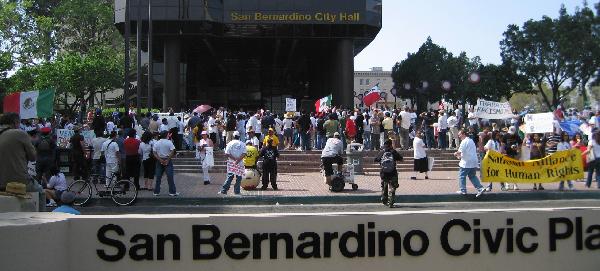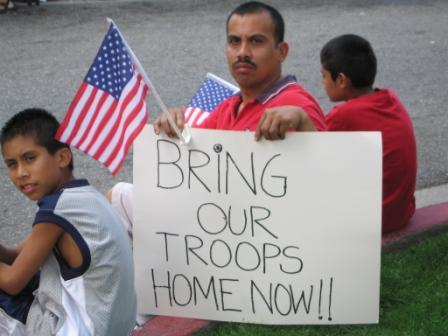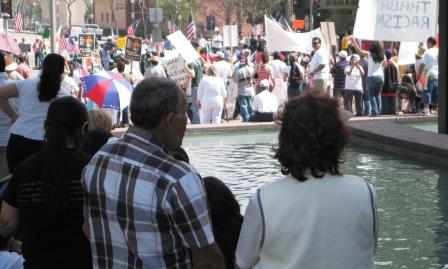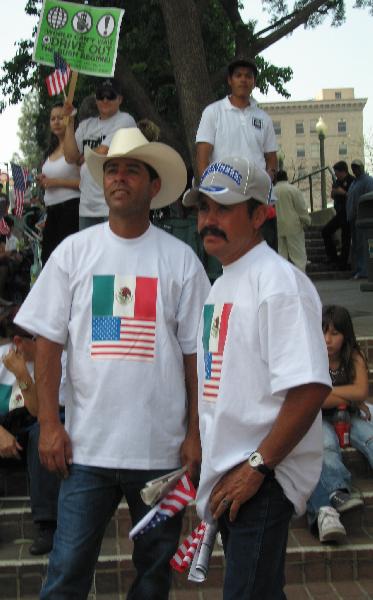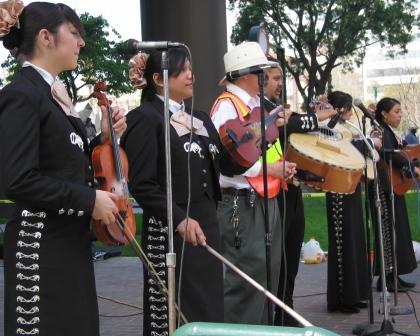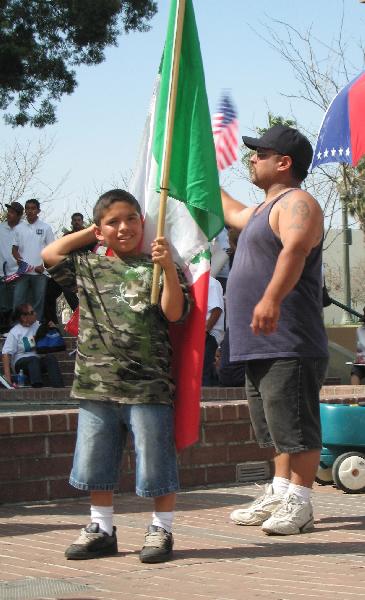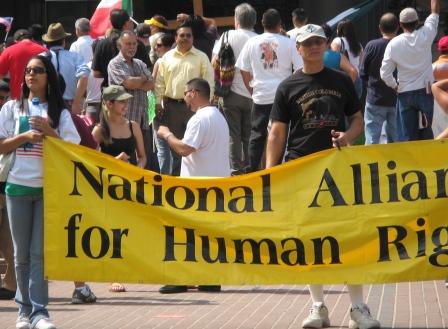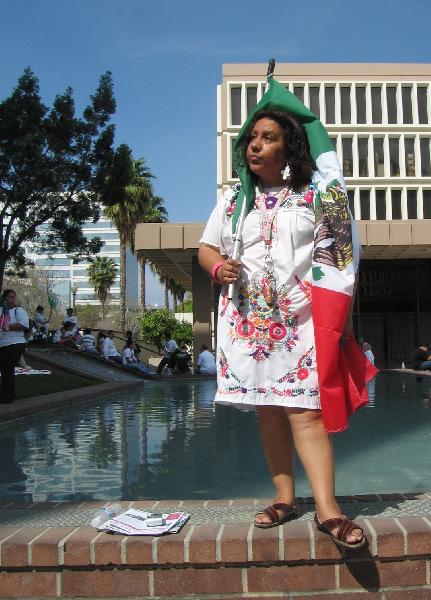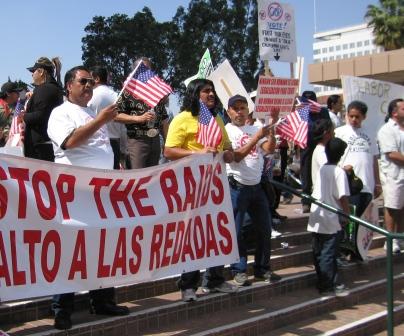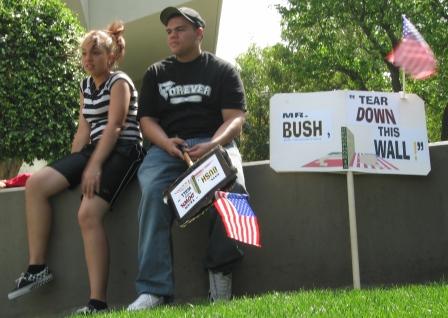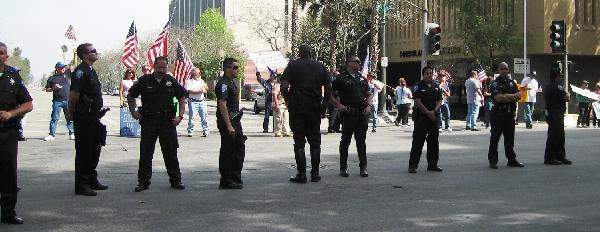| About Us | Contact Us | Calendar | Publish | RSS |
|---|
|
Features • latest news • best of news • syndication • commentary Feature Categories IMC Network:
Original Citieswww.indymedia.org africa: ambazonia canarias estrecho / madiaq kenya nigeria south africa canada: hamilton london, ontario maritimes montreal ontario ottawa quebec thunder bay vancouver victoria windsor winnipeg east asia: burma jakarta japan korea manila qc europe: abruzzo alacant andorra antwerpen armenia athens austria barcelona belarus belgium belgrade bristol brussels bulgaria calabria croatia cyprus emilia-romagna estrecho / madiaq euskal herria galiza germany grenoble hungary ireland istanbul italy la plana liege liguria lille linksunten lombardia london madrid malta marseille nantes napoli netherlands nice northern england norway oost-vlaanderen paris/Île-de-france patras piemonte poland portugal roma romania russia saint-petersburg scotland sverige switzerland thessaloniki torun toscana toulouse ukraine united kingdom valencia latin america: argentina bolivia chiapas chile chile sur cmi brasil colombia ecuador mexico peru puerto rico qollasuyu rosario santiago tijuana uruguay valparaiso venezuela venezuela oceania: adelaide aotearoa brisbane burma darwin jakarta manila melbourne perth qc sydney south asia: india mumbai united states: arizona arkansas asheville atlanta austin baltimore big muddy binghamton boston buffalo charlottesville chicago cleveland colorado columbus dc hawaii houston hudson mohawk kansas city la madison maine miami michigan milwaukee minneapolis/st. paul new hampshire new jersey new mexico new orleans north carolina north texas nyc oklahoma philadelphia pittsburgh portland richmond rochester rogue valley saint louis san diego san francisco san francisco bay area santa barbara santa cruz, ca sarasota seattle tampa bay tennessee urbana-champaign vermont western mass worcester west asia: armenia beirut israel palestine process: fbi/legal updates mailing lists process & imc docs tech volunteer projects: print radio satellite tv video regions: oceania united states topics: biotechSurviving Citieswww.indymedia.org africa: canada: quebec east asia: japan europe: athens barcelona belgium bristol brussels cyprus germany grenoble ireland istanbul lille linksunten nantes netherlands norway portugal united kingdom latin america: argentina cmi brasil rosario oceania: aotearoa united states: austin big muddy binghamton boston chicago columbus la michigan nyc portland rochester saint louis san diego san francisco bay area santa cruz, ca tennessee urbana-champaign worcester west asia: palestine process: fbi/legal updates process & imc docs projects: radio satellite tv |
printable version
- js reader version
- view hidden posts
- tags and related articles
San Bernardino Marches Against the Warsby Leslie Radford Monday, Mar. 19, 2007 at 3:37 PMleslie@radiojustice.net The War on Iraq and the War on Migrants come home in San Bernardino.
SAN BERNARDINO, 17 March 2007--About 700 anti-war, pro-migrant demonstrators marched through the streets of San Bernardino (pop. 185K) and rallied at the steps of city hall. On the fourth anniversary of the war in Iraq, anti-war rallies in larger cities, with their made-for-video traffic snarls and performance art, filled progressive news outlets. But around the nation, local communities like San Bernardino rose up, too, to say "no mas" to President Bush's terrorism. At 1:00 p.m., five hundred of the ralliers wound their way through the downtown streets to hook up with a couple hundred more waiting at City Hall. A few of the eighteen co-sponsoring organizations had official banners, including the National Alliance for Human Rights, which had called the march, but most of the signs were markers on cardboard, with a sprinkling of Mexican and U.S. flags. Not a costume in sight, no oversized Bread and Puppet-style papier-mâché figures jazzed up the plain message. A few largely ignored and sometimes unstaffed tables from World Can't Wait and Left Books dotted the corners of the plaza. A local mariachi band kept the beat. As they came up on the rally point, the San Bernardino marchers encountered a chilling force that their Los Angeles neighbors, seventy miles to the east, didn't contend with: close to a hundred pro-violence and anti-migrant counterprotesters, shielded by a line of fifty of San Bernardino's "finest." For the mostly Mexican-American San Bernardino protesters, the terrorism is too near to think about photo ops and dress up, too real for carnival masks. The Department of Homeland Security's ICE division at least twice now has rousted hundreds southern Californians like them from their beds and hauled them off to prisons and deportation. Rumors persist of people snatched off public buses and bicycles to be disappeared, leaving families to wonder what happened, fearing notification that their loved ones are thousands of miles away, out of reach of any legal process. Military recruiters prowl these neighborhoods negotiating false promises of steady incomes, benefits, and citizenship with vulnerable young people obligated to parents and children. One speaker reminded the audience of Marine Lance Corporal José Gutiérrez, who, orphaned in war-torn Guatemala, at the age of 14 snuck across two borders for a green card. With tragic irony, 22-year-old Gutiérrez was granted U.S. citizenship posthumously, one of the first casualties of the war, dead of "friendly" fire in Iraq. The people filled the city hall plaza and the stairs that led up either side of the modernist structure, and kids ran around the edge of the pool. One guy asked me if a was a minuteman. He seemed unsatisfied with my startled and stumbling denial, but I grabbed a passing friend who vouched for me. For this group, the immigrants' rights speeches from organizational reps blended seamlessly with the anti-war speeches of the elected officials and candidates. Congressmember Joe Baca was unequivocal: "I am against the war. It's time we brought back our troops." The next speaker announced to the anti-migrant zealots, "History belongs to us!" Then, turning back to the crowd in front of him, he continued, "But I'm more concerned with the racist Congressmen." He added, "We marched 40,000 strong in Los Angeles to stop the war in Vietnam. We'll have to do the same to save our children." Then he put out the call, the core of a blueprint that one hundred and fifty organizations have united to distribute through the halls of Congress: no more deportations, unconditional amnesty, no wall at the border, no Bracero program, and family reunification. A Chicano Marine, identified only as "The Sergeant," took the microphone. He remembered his 3,210 compatriots who've died in Iraq and added that the leadership of this country needs to understand the potential loss. He called on the audience to support the troops--to get them out of harm's way. His statistics were sobering: he cited 3,210 multiplied by 16 as the number of military wounded and disabled, and 3,210 times 30 as those suffering from the ongoing nightmare of post-traumatic stress. "They need help," he reminded us, and he noted his own experience in a local V.A. hospital, where he was put at the end of a treatment list more than 300 long. He concluded, "The surge is the wrong move. Don't listen to Fox News." Bobbi Chavarria, a military mother, spoke of her two sons spirited into the military by recruiters' promises. She implored the audience, "Will you walk in peace? Will you talk in peace? Will you live in peace?" A vice president from the Service Employees International Union assured the crowd, by now thinning in the uncomfortable heat of the day, that "millions of union workers are here with you today. We oppose the hate, this racist group," pointing across the street. "We support comprehensive immigration reform. We stand here with you. We will win this year. We will fight the real terrorists--Bush and the ICE agents." The crowd roared back, "¡El pueblo unido jamás será vencido!" Enrique Morones of Border Angels was the final guest speaker. He started by saying he was glad the racist vigilantes had shown up, that they proved two things: "There are racists still in America, and racism comes in all colors." "Seventy-five percent of people in the U.S. support comprehensive immigration reform," he reassured the audience. Pointing again to the protesters, he said, "They're having internal fights about who's stealing the most money." "We are the best of the American spirit," he reminded them. The audience moaned in sympathy and shouted out in outrage when Morones talked about the hundreds of thousands of Iraqi people who have died under the occupation. He called for a moment of silence for "the 3,210 soldiers, the 4,000 people who died crossing the desert, and the 600,000 Iraqi citizens who died in this war." The silnce of the vigil was pierced by catcalls from across the street. Then the people held hands and formed a circle that reached into every nook of the plaza, singing "De Colores," a folksong popularized by El Teatro Campesino during the farm workers' movement. Bobbi reached out her hand to me.
Twenty yards away across D Street were the red-white-and-blue attired, flag-waving fanatics, spewing their anti-Mexican filth and calling out for violence. "You have no rights!" they shouted. "We should have busloads of you people hauled out of here by ICE." And, to a white-robed Catholic priest, "You freak, you pedophile. I know why you dress up in a skirt." The jeering, insults, and calls for violence were unending, three hours of bullhorned invectives and threats. Turned backs were the ralliers' response to those who had come to exemplify the oppression of Bush's America. Only the occasional curious or fed-up soul wandered down to the sidewalk across from them. When one person went to the curb to shout back, the police, forming the front line of the anti-migrant, pro-violence crowd, warned the activist that he would be arrested if he yelled out. An immigrants' rights organizer explained that today's rally was another step step in what had started last October 25, when, in Los Angeles, the March 25 Coalition had swelled the ranks of World Can't Wait's march to drive out the Bush regime. ANSWER-LA, which has been on the forefront of both the anti-war and immigrants' rights movement and sponsored today's march in Los Angeles, missed the connection that everyone on both sides of D Street implicitly understood: colonization within the U.S. is not much different from colonization abroad. Terror looming across the street echoes the terror of Baghdad streets, Gitmo carries reflections of years in a deportation camp, and Bush's extraordinary rendition of "suspected terrorists" has some equivalency to his "ordinary" rendition of tens of thousands of residents. And 3,210 dead daughters and sons in the four years of the Iraq War is almost as many as the 4,000 daughters and sons who have died maneuvering around the walls between Mexico and the United States. -30-
Report this post as:
by Leslie Radford Monday, Mar. 19, 2007 at 3:37 PMleslie@radiojustice.net
error
Report this post as:
by Leslie Radford Monday, Mar. 19, 2007 at 3:37 PMleslie@radiojustice.net
error
Report this post as:
by Leslie Radford Monday, Mar. 19, 2007 at 3:37 PMleslie@radiojustice.net
error
Report this post as:
by Leslie Radford Monday, Mar. 19, 2007 at 3:37 PMleslie@radiojustice.net
error
Report this post as:
by Leslie Radford Monday, Mar. 19, 2007 at 3:37 PMleslie@radiojustice.net
error
Report this post as:
by Leslie Radford Monday, Mar. 19, 2007 at 3:37 PMleslie@radiojustice.net
error
Report this post as:
by Leslie Radford Monday, Mar. 19, 2007 at 3:37 PMleslie@radiojustice.net
error
Report this post as:
by Leslie Radford Monday, Mar. 19, 2007 at 3:37 PMleslie@radiojustice.net
error
Report this post as:
by Leslie Radford Monday, Mar. 19, 2007 at 3:37 PMleslie@radiojustice.net
error
Report this post as:
by Leslie Radford Monday, Mar. 19, 2007 at 3:37 PMleslie@radiojustice.net
error
Report this post as:
|



